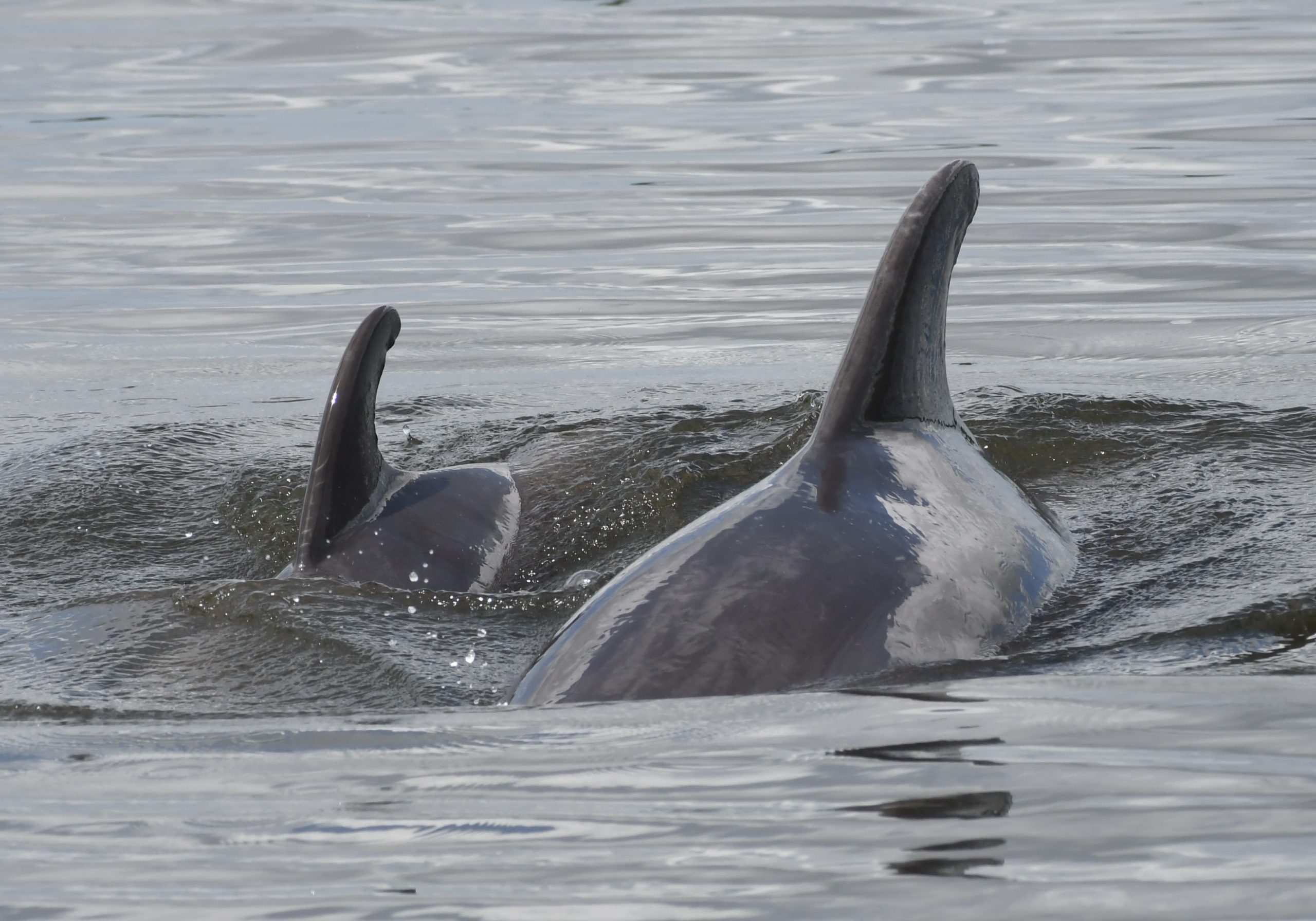Dolphins are incredibly intelligent animals with a complex language and unique personalities. They form strong social bonds within their pods and have remarkable hunting techniques, along with the capability of self-recognition and remarkable echolocation skills. Despite their long lifespan, they are at risk from human activities including pollution, habitat destruction, and climate change. As top predators, they play a crucial role in marine ecosystems and the overall balance of the ocean environment. Understanding and appreciating these lesser-known facts about dolphins is important in the effort to protect and conserve these remarkable creatures and their natural habitats.
1. Dolphins are highly intelligent animals
One of the most fascinating facts about dolphins is their high level of intelligence. These marine mammals have a large brain-to-body ratio and are known for their problem-solving abilities and social behaviors.
2. Dolphins communicate using a complex language
Dolphins use a sophisticated system of communication that includes a series of clicks, whistles, and body movements. They are able to convey information, emotions, and even names to one another using this intricate language.
3. Dolphins have unique individual personalities
Just like humans, dolphins have distinct personalities. They exhibit a wide range of behaviors, from being playful and curious to being shy and reserved. Each dolphin has its own set of traits and preferences.
4. Dolphins form strong social bonds
Dolphins are highly social animals and form strong bonds within their pods. They often engage in activities such as play, hunting, and caring for their young together. These social connections are crucial for their survival and well-being.
5. Dolphins have amazing hunting techniques
Dolphins are skilled hunters and use a variety of techniques to catch their prey. Some species of dolphins, such as the bottlenose dolphin, work together to herd schools of fish, while others, like the orca, coordinate elaborate attacks on larger marine mammals.
6. Dolphins are capable of self-recognition
Studies have shown that dolphins are one of the few animal species capable of recognizing themselves in a mirror. This ability is a sign of self-awareness and is indicative of their advanced cognitive abilities.
7. Dolphins possess remarkable echolocation skills
Dolphins use echolocation to navigate their underwater environment and locate prey. They emit high-frequency sounds that bounce off objects and return to them, allowing them to create a mental map of their surroundings.
8. Dolphins have a long lifespan
In the wild, dolphins can live up to 40 years or more, while some individuals in captivity have been known to reach their 50s or 60s. Their longevity is a testament to their adaptability and resilience in their marine habitats.
9. Dolphins are at risk from human activities
Dolphins face a range of threats from human activities, including pollution, habitat destruction, and entanglement in fishing gear. Climate change and overfishing also pose significant challenges to their survival in the wild.
10. Dolphins play an important role in marine ecosystems
As top predators, dolphins help regulate the populations of their prey species, contributing to the overall balance of marine ecosystems. Their presence is indicative of a healthy and thriving ocean environment.
In conclusion, dolphins are truly remarkable animals with a host of fascinating characteristics and behaviors. By understanding and appreciating these little-known facts about dolphins, we can better appreciate the importance of protecting and conserving these intelligent creatures and their natural habitats.
